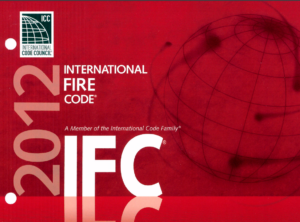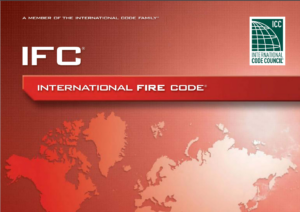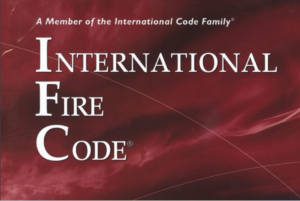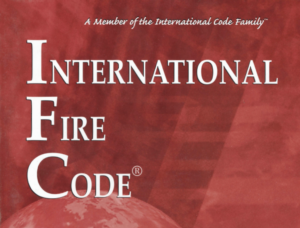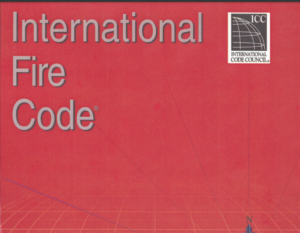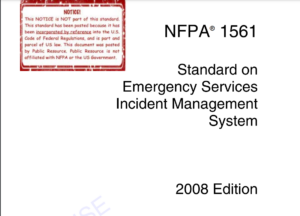The 2006 edition of NFPA 1405 serves as a comprehensive guide tailored for land-based firefighters who tackle marine vessel fires. It outlines strategic insights and procedural knowledge vital for effectively managing fires on ships, which are acknowledged as complex and challenging environments significantly different from typical structural fires.
NFPA 1405 was developed to equip firefighters with the necessary skills and understanding required for the unique dynamics and safety risks associated with marine fires. This includes specialized training, pre-fire planning, understanding ship-specific hazards, and the development of tactical approaches specific to marine environments. Recognizing the limited frequency but high risk of ship fires, the guide emphasizes cautious and informed responses, similar to hazardous material incidents, to minimize risk and enhance operational success.
Significant content in the guide covers the intricacies of ship architecture and the particular challenges it poses in fire situations, such as difficult ventilation and rapid fire spread. This edition incorporates updates including the new International Maritime Organization (IMO) Graphical Symbols for Shipboard Fire Control Plans and revised technical aspects like definitions, vessel stability, and draft marks.
In essence, NFPA 1405 provides a framework that helps fire departments prepare for, and effectively respond to, marine vessel fires by bridging the knowledge gap between standard structural firefighting and the specialized demands of marine fire incidents. The guide ensures that firefighters are not only aware of the unique challenges posed by marine environments but are also well-prepared to tackle them with the appropriate strategies and precautions.

